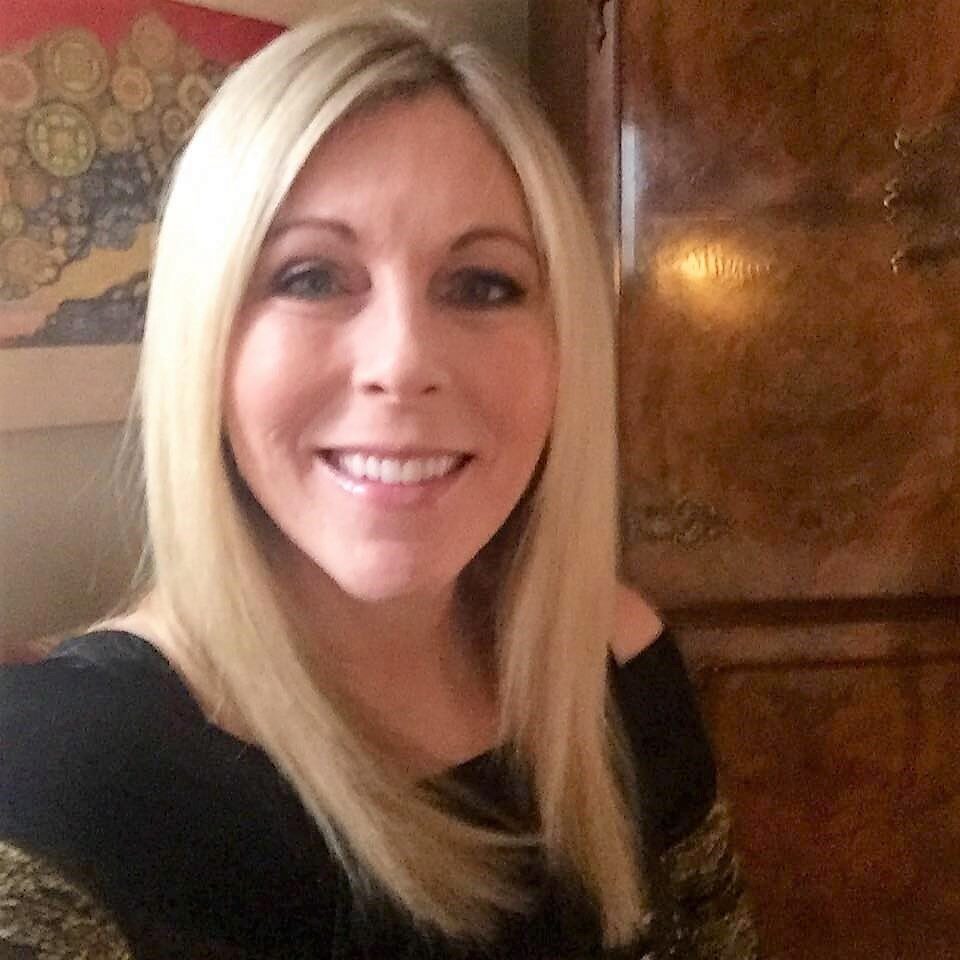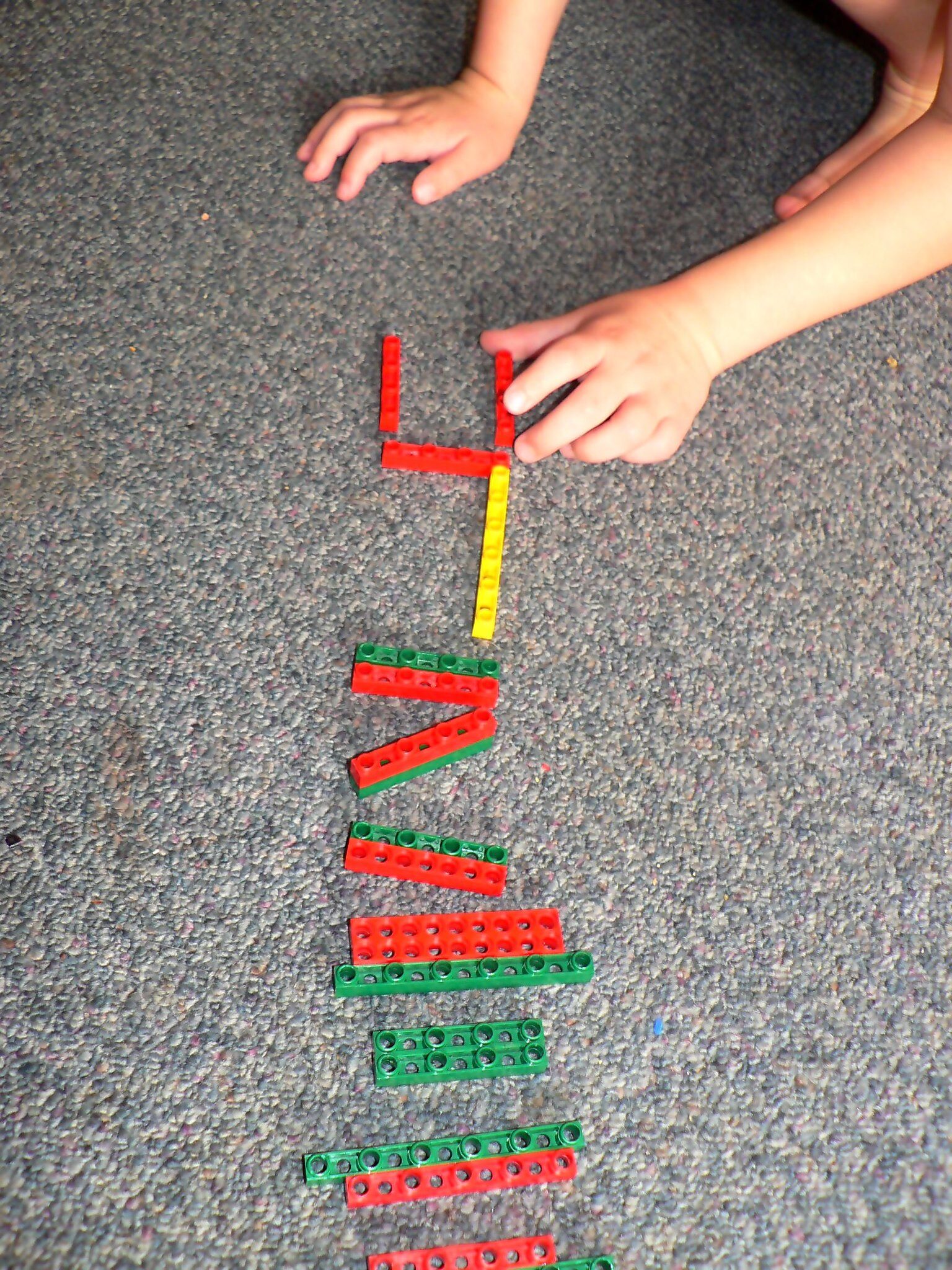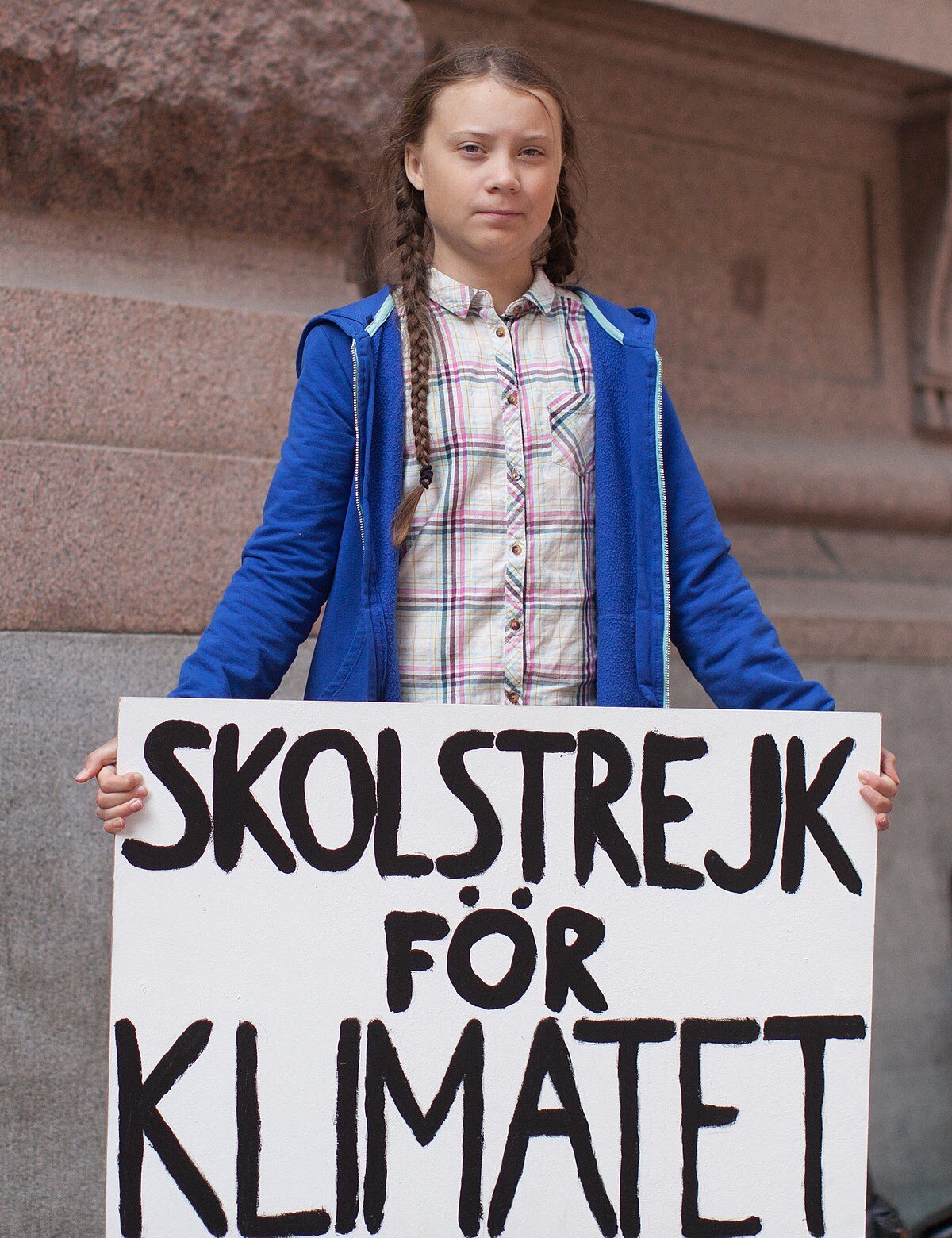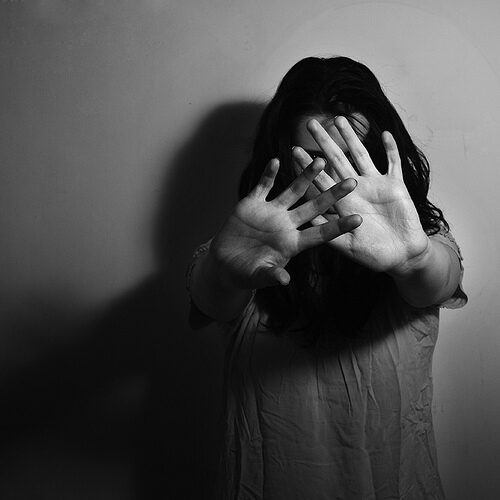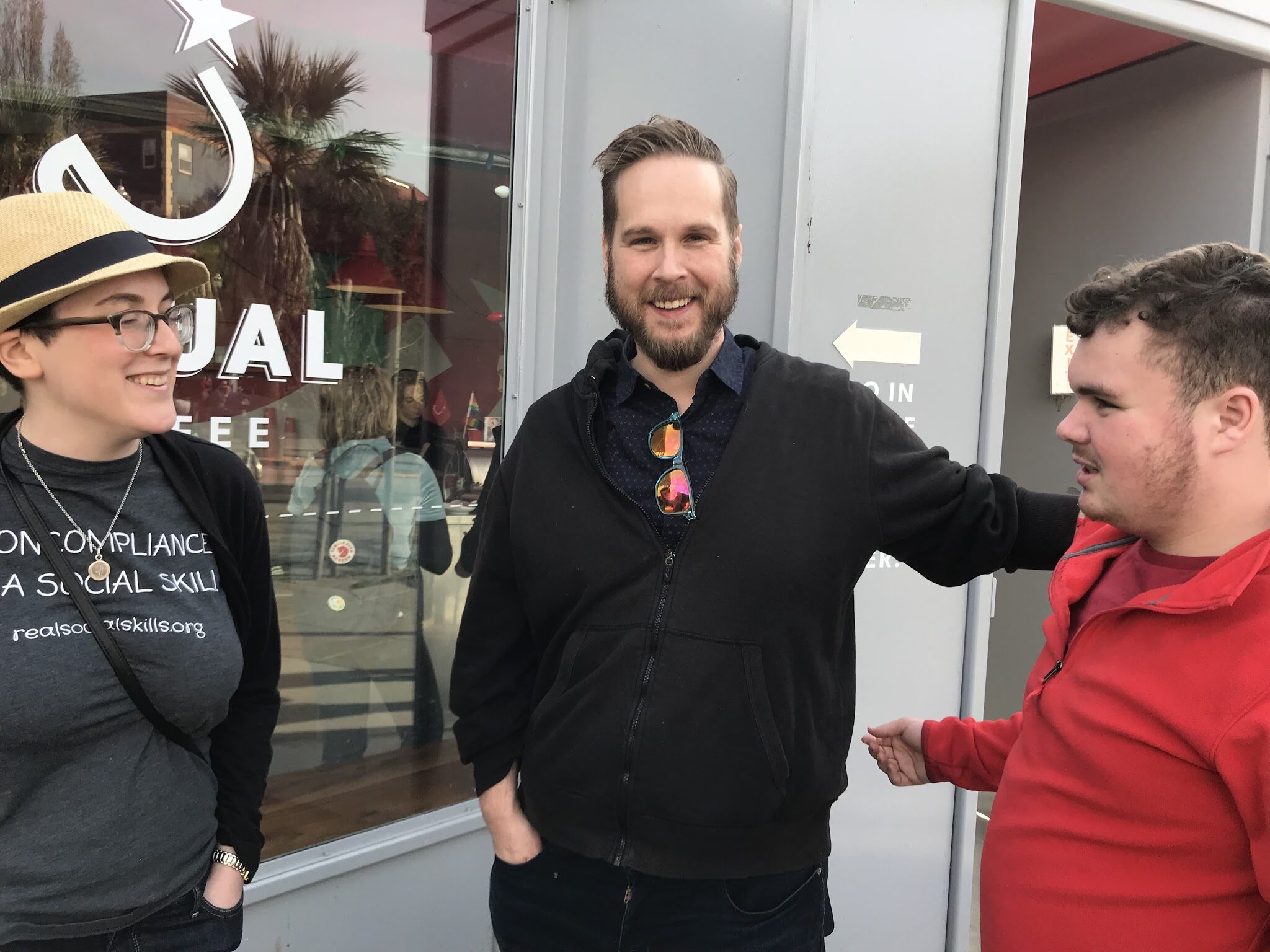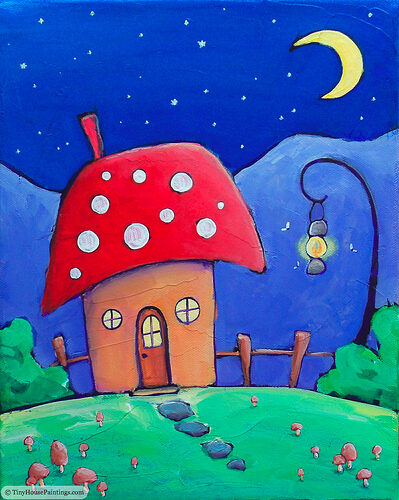This idea that people with intellectual disabilities cannot learn is a very dangerous idea and it leads to us being harmed. I think it is important to autistics with intellectual disabilities that we get the support to learn.
Tag: intellectual disability
After your loved one receives a diagnosis of Autism, people may bombard you with (possibly unsolicited) advice for next steps. One such step you may actually want to consider is to seek the services of a Speech-Language Pathologist (SLP).
Research indicates that autistic brains exhibit more diversity than non-autistic brains. If autism research is truly going to address the needs of such a varied population, then it needs to branch out similarly, get real about what autistic people need, and humanize its priorities.
Greta Thunberg by Anders Hellberg | Wikimedia Commons [image: Greta Thunberg, a white Swedish teen with long light brown plaits, standing outside a building holding a large hand-painted sign reading, “Skolstrejk för klimatet,” or, “school strike for climate”.] Marie Porter www.CelebrationGeneration.com All of the people who think Greta Thunberg is a “mouthpiece” or “being exploited” have SO OBVIOUSLY never tried to get between a teenaged autistic and a special interest of theirs… much less a special interest involving the well-being of others.#ActuallyAutistic — Marie Porter 🇨🇦 (@OverlordMarie) September 17, 2019 Recently, there has been a lot of chatter on #ActuallyAutistic Twitter about the use of the term “super power” with regards to autism, and specifically by Greta Thunberg, who recently said, “Being different is a super power.” As usual, I have some thoughts. First off, I want to acknowledge that not every autistic is going to see their own autism as a super power. The…
Some organizations say they want to focus on people with intellectual disabilities, but they ignore the self advocacy movement and autistic people with ID like me. We don’t want institutions! We don’t want segregation, we want freedom and autonomy and support in the community! They just need to see what the ID community has been asking for!
These revelations, about presuming competence, human dignity, and the least dangerous assumption—they don’t apply only to kids who are secret geniuses. They apply to everyone. They are the most important for the kids who really do have intellectual disabilities, who really can’t read or use full sentences and who really do need extensive support.
Today’s INSAR 2019 Special Interest Group (SIG) on Gender, Sexuality, and Romantic Relationships was led by Laura Graham Holmes and Jeroen Dewinter, and co-led by Anna van der Miesen. Essentially, relationships and sexuality are central to everyone’s health and well-being. But there isn’t enough useful research and materials available fo autistic people of all ages and abilities, their families, and healthcare professionals, and many have expressed the need for research and guidance. So that’s what the SIG leaders and the participants in this well-attended session talked about. Any errors or omissions in the highlights below are on us. SIG participants Sara L, Dori Z, Jac dH, and Christina N, in discussion [image: Four people of varying gender identities and neurotypes, talking at a conference table.] Last year’s Gender, Sexuality, and Romantic Relationships INSAR SIG was about determining the most important issues for the autistic community, in terms of gender and…
When people generally said to be incapable of communication find ways of making clear what they do and don’t want through means other than words, this is self-advocacy.
From its inception, not only did the neurodiversity movement’s values include the most significantly disabled, but those individuals themselves were among our earliest pioneers.
Painting © Tracy Booth | Creative Commons/Flickr [image: Painting of a tiny home with a red roof with white spots, and a lantern, under a crescent moon] Many of our U.S.-based community members, including parents and caregivers, want guidance and clarity about how the impending Home and Community Based Services (HCBS) Settings rule will affect both adult housing choices and adult day programs. So, we spoke with policy expert Julia Bascom, Executive Director of the Autistic Self Advocacy Network, who explained in plain conversational language how exactly the new HCBS Settings rules will affect housing options, how some common misunderstandings about the rule happen, and why the rule is essentially about trying to ensure adults with disabilities have the same basic rights as non-disabled adults do. Thinking Person’s Guide to Autism: Why was the rule enacted in the first place? Julia Bascom: The HCBS Settings Rule sets ground floor, baseline…

